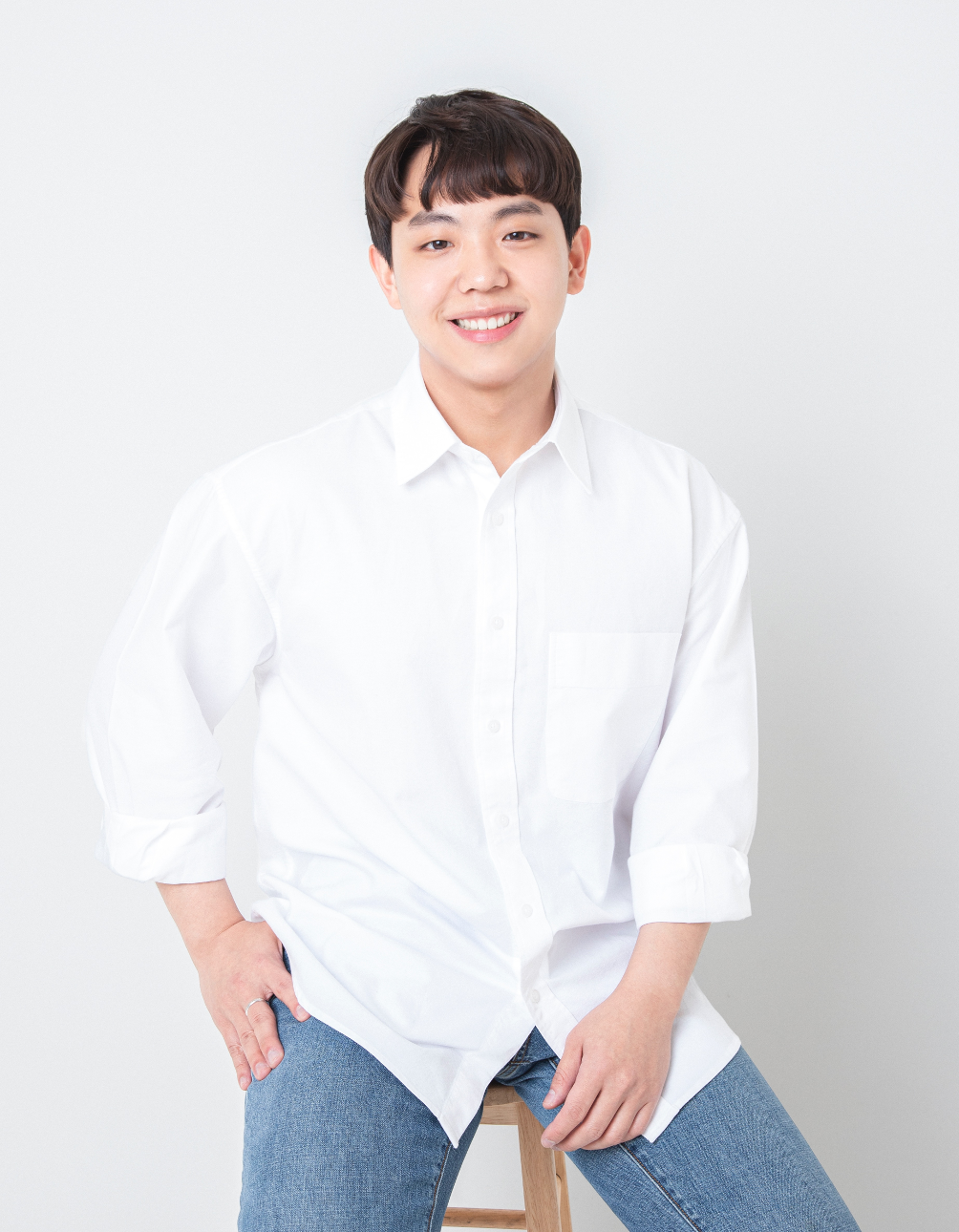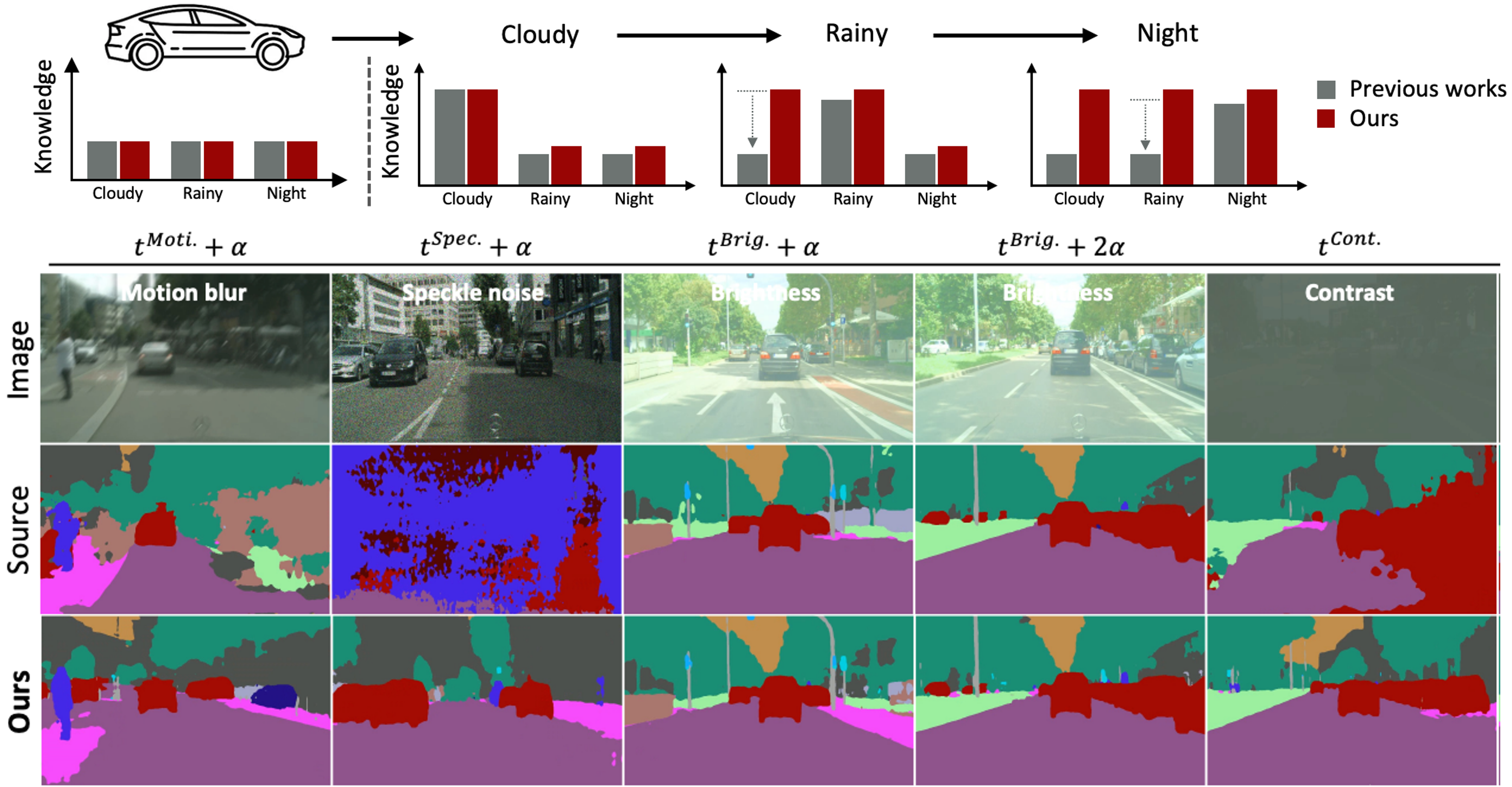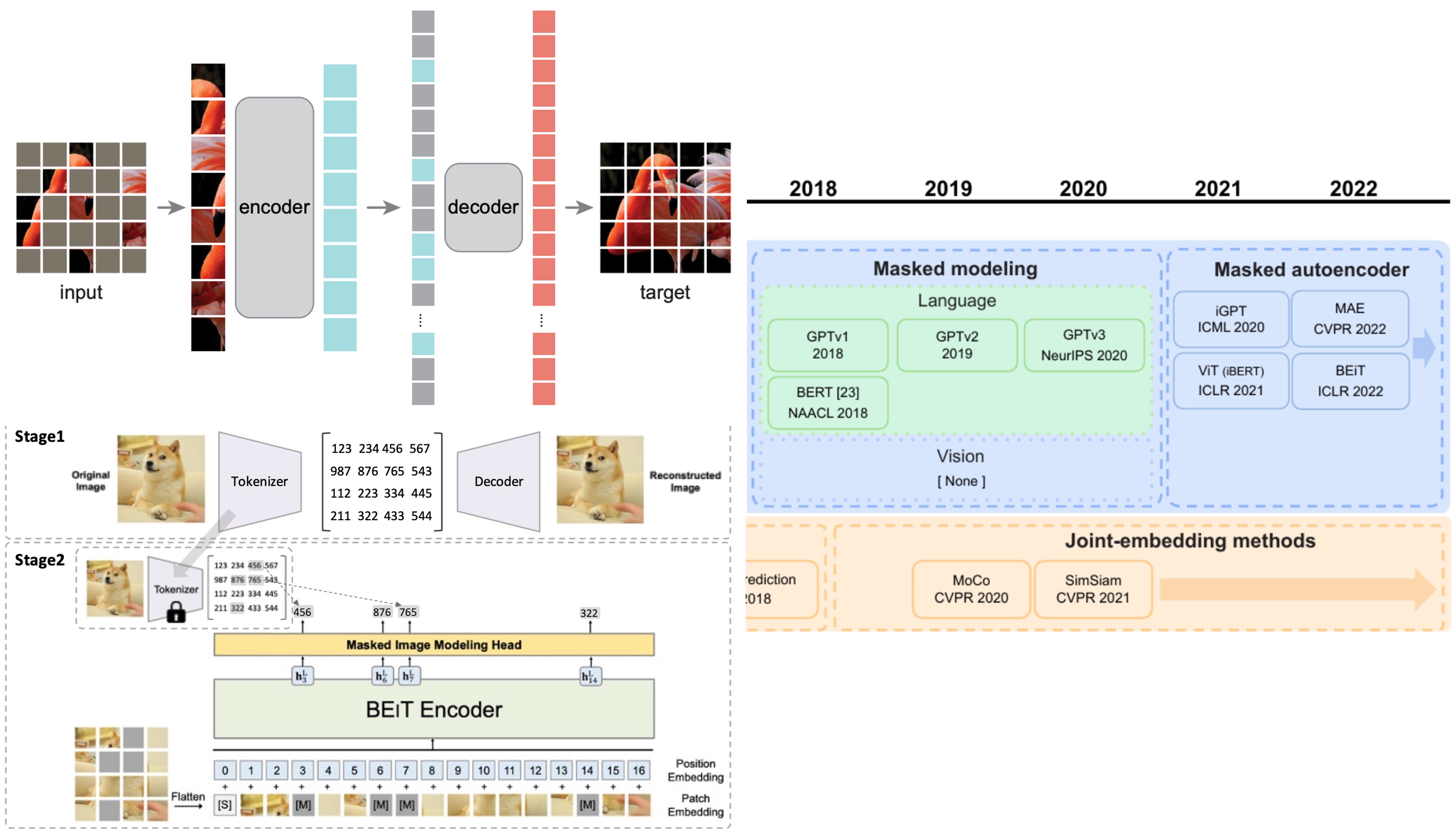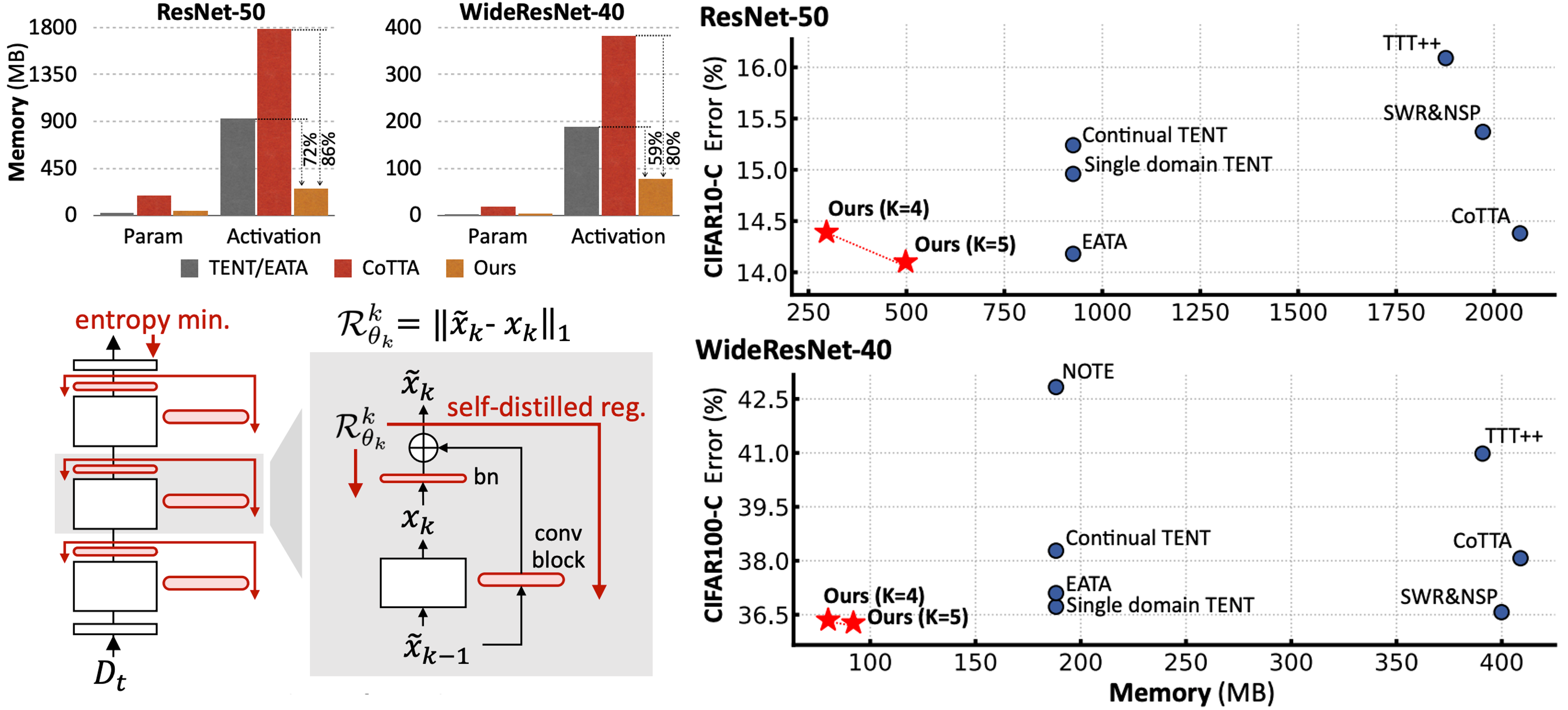
Greetings! I am June, a Ph.D. student under the supervision of Prof. Jaegul Choo at KAIST, where I also received my M.S. degree advised by Prof. In So Kweon. I was a visiting scholar at CMU in 2024, a research intern at NAVER in 2025 ,Lunit AI in 2023 and Qualcomm AI Research in 2022, and a research engineer at Hyundai Mobis in 2021-2022. I invite you to explore my blog, where you'll find that I am a highly self-motivated researcher. My ultimate goal is to develop AI that benefits all individuals, regardless of their socioeconomic status.
Research Experiences
- NAVER AI Lab
Apr 2025 - Sep 2025
AI Research Intern
Mentors: Byeongho Heo and Greg Dongyoon Han - Carnegie Mellon University
Aug 2024 - Feb 2025
Visiting Scholar in Computer Science (Korean Government Fellowship)
Collaborating with Prof. Yonatan Bisk's research group - Lunit Global
Jun 2023 - Dec 2023
AI Research Intern
Mentors: Tae Soo Kim and Thijs Kooi - Qualcomm AI Research
Jul 2022 - Dec 2022
AI Research Intern
Mentor: Sungha Choi - Hyundai Mobis
Mar 2021 - Jun 2022
Research Engineer with industry-university scholarship
Autonomous driving advanced development team
Publications
 Is user feedback always informative? Retrieval Latent Defending for Semi-Supervised Domain Adaptation without Source Data.
Is user feedback always informative? Retrieval Latent Defending for Semi-Supervised Domain Adaptation without Source Data.
Junha Song, Tae Soo Kim, Gunhee Nam, Junha Kim, Thijs Kooi, and Jaegul Choo
In the European Conference on Computer Vision (ECCV), 2024
[pdf], [project page], [code] Test-time Adaptation in the Dynamic World with Compound Domain Knowledge Management.
Test-time Adaptation in the Dynamic World with Compound Domain Knowledge Management.
Junha Song, Kwanyong Park, Inkyu Shin, Sanghyun Woo, Chaoning Zhang, and In So Kweon
In IEEE Robotics and Automation Letters (RA-L, ICRA Oral), 2024
[pdf], [article], [presentation] A Survey on Masked Autoencoder for Self-supervised Learning in Vision and Beyond.
A Survey on Masked Autoencoder for Self-supervised Learning in Vision and Beyond.
Chaoning Zhang, Chenshuang Zhang, Junha Song, John Seon Keun Yi, and In So Kweon
In International Joint Conference on Artificial Intelligence (IJCAI), 2023.
[pdf], [slide] EcoTTA: Memory-Efficient Continual Test-time Adaptation via Self-distilled Regularization.
EcoTTA: Memory-Efficient Continual Test-time Adaptation via Self-distilled Regularization.
Junha Song, Jungsoo Lee, In So Kweon, and Sungha Choi
In IEEE Conference on Computer Vision and Pattern Recognition (CVPR), 2023.
[pdf], [project page]
Patents
- Test-time adaptation via self-distilled regularization
Junha Song and Sungha Choi. 15 May, 2024. [U.S. Patent No. US20240160926A1]
Research Interests
- Efficient captioning and video understanding
- A crucial next step in AI's evolution is enabling systems to visually sense, understand, and anticipate their environment. Recent works in video understanding achieve this by combining LLMs' broad knowledge with frame-by-frame video captioning. I am particularly interested in developing such models for practical applications, as this technology could help visually impaired individuals better perceive and interact with their surroundings through text descriptions.
- On this topic, I collaborated with Yonatan Bisk and Tiffany Min.
- Recommended reading - my top pick from related research: Cambrian-1: A Fully Open, Vision-Centric Exploration of Multimodal LLMs
- On-device adaptation frameworks
- Despite advances in deep learning, the AI model often struggles with performance degradation due to environmental changes. For example, the cognitive ability of self-driving cars can change depending on time, weather, and city-state. To address this, I am fascinated with adaptation techniques, such as adaptation with user-provided feedback (ECCV'24) and test-time adaptation (CVPR'23). I believe this technique would be key to ensuring robust performance of the model and ultimately building reliable AI applications.
- Adaptation with foundation models
- Powerful foundation models, such as CLIP, SAM, and Stable Diffusion, are trained on mountains of data and thus possess a remarkable capacity for understanding a wide range of images. I am captivated by their potential and eager to leverage them so as to develop and adapt ML models for real-world products. This endeavor holds immense promise in mitigating the out-of-distribution generalization problem, ensuring that AI systems can reliably perform across diverse scenarios.
- Exploring the opportunities of foundation models (paper from CRFM at the Standord).
Education
- Korea Advanced Institute of Science and Technology (KAIST)
Aug 2023 - Present
Ph.D student in Graduate School of AI
Advisor: Prof. Jaegul Choo - Korea Advanced Institute of Science and Technology (KAIST)
Feb 2021 - Feb 2023
M.S. degree in the Division of Future Vehicle
Advisor: Prof. In So Kweon
Grade: 3.9 / 4.3 (Percent: 95.56/100) - Kookmin University (Seoul, South Korea)
Feb 2015 - Feb 2021
B.S. degree in IT and Automobile Engineering
Grade: 4.39 / 4.5 (Rank: 1/121 | Percent: 98.7/100 | Major: 4.43)
National Science and Engineering Scholarship (Full tuition) from Korea Student Aid Foundation
Mandatory Military Service for 21 Months
Awards and Honors
- Intensive 2-Week Guest Lecturer, Introduction to Deep Learning, LG Innotek (2024)
- Best Master's Thesis Award, Korea Advanced Institute of Science and Technology (KAIST) (2023)
- Lecture planning consultant, Fast Campus (2022)
- National Science and Engineering Scholarship (Full tuition for a BS.D. student) , Korea Scholarship Foundation
- Future Transport Design Award and Honorable Judge Award, 'Vehicle monitoring over internet toward digital twins', Cloud Programming World Cup, Japan (2019)
- Capstone Awards, Korean Society of Automotive Engineers (2019)
Projects
- Development of real-time masking/unmasking system for personal video information for public services such as CCTV (article), Korea Ministry of Science and ICT (2021 - 2023)
- Development of segmentation networks robust to environment variance, Hyundai Mobis (2021)
- Satellite image precision object detection, Korea Agency for Defense Development (ADD) (2020)
- Detection of Surrounding Vehicles using Deep Neural Network and Fusion of Panoramic Camera and Lidar Sensor, Korea Foundation for the Advancement of Science and Creativity (KORAC), Korea (2019)
B.S. Research Experiences
- "Style Transfer Maps from Satellite Images by using Generative Model", Korean Institute of Communications and Information Science (KICS) (2020)
- "Improvement of LiDAR and IMU-based autonomous driving performance in right-angle corner situations", Korean Sociey of Automotive Engineers (2019)
- Research Intern at Machine Intelligence Lab, Kookmin University (Dec 2019 - Oct 2020)
- Research Intern at Intelligence and Interaction Lab, Kookmin University (Feb 2019 - Nov 2019)
Skills
- Programming language: Python, C++
- Machine Learning Librarie: Pytorch, Tensorflow
- Application development: Robot Operating System (ROS)
- Sensor utilization: Camera, RGB-D Camera, LiDAR, GPS/IMU